Your mindset shapes your reality. It affects how you think, how you feel, how you act, and ultimately, the kind of life you live.
I didn’t always believe this. For a long time, I thought success came down to luck, talent, or having the right background. Whenever I felt stuck in life, I used to wonder, Why does success seem easier for others? Why do I feel like I’m behind?
The turning point for me came when I realized something powerful. It wasn’t my circumstances holding me back, it was my mindset.
The good news is that your mindset is not fixed. You can upgrade it. You don’t need a lot of money, degrees, or connections. You just need to change the way you think, one belief at a time.
In this blog post, I’ll share 7 powerful mindset shifts that completely changed the way I approach life. I’ll also share examples (some from my own journey) so you can see how to apply them too.
1. From a Fixed Mindset to a Growth Mindset
Old Belief: I’m either good at something or I’m not.
New Belief: I can get better with effort, learning, and practice.
I first heard about this concept from psychologist Carol Dweck’s research, and it hit me hard. For years, I believed I was just not good at certain things. For example, coding once looked like an impossible mountain to climb. My first few attempts ended with errors, and I told myself, Maybe I’m not meant for this.
But then I noticed something: the people who were improving weren’t necessarily smarter than me, they just kept practicing.
Example:
Imagine two students learning to code.
-
Student A says: I’m not a tech person. I’ll never understand this.
-
Student B says: This is tough, but I’ll learn step by step.
Guess who succeeds in the long run? Student B. Not because they were naturally talented, but because they believed growth was possible.
Once I adopted a growth mindset, learning new skills felt less intimidating. Failure turned into feedback, and challenges turned into opportunities.
2. From Perfection to Progress
Old Belief: I’ll start only when everything is perfect.
New Belief: Done is better than perfect. I’ll start now and improve as I go.
Perfectionism was my biggest trap. I’d delay projects because the timing wasn’t right, or my tools weren’t good enough. The truth? Waiting for perfect conditions is just a fancy form of procrastination.
When I wanted to start writing online, I told myself: I’ll begin when I have a better laptop, better ideas, or more confidence. Months passed, and nothing happened. Finally, I decided to write with what I had, my phone’s notes app.
Example:
Let’s say you want to start a YouTube channel but keep delaying because you don’t have the best camera. Instead of waiting:
-
Use your phone.
-
Record your first video.
-
Improve with each upload.
You’ll learn more from creating 10 imperfect videos than from planning the perfect one for months.
Progress builds momentum, and momentum creates results.
3. From Scarcity to Abundance
Old Belief: There’s not enough success/opportunity/money for everyone.
New Belief: There’s more than enough. I can create my own opportunities.
I used to compare myself constantly. If someone got a good internship or landed a big project, I’d feel like my chance had disappeared. But over time, I realized that opportunities are not limited like seats in a bus, they are created, shared, and multiplied.
Example:
Two freelancers apply for the same job.
-
One thinks: If he gets it, I lose.
-
The other thinks: If I don’t get this job, I’ll find (or create) another one.
Guess who keeps moving forward? The one with the abundance mindset.
Shifting from scarcity to abundance freed me from jealousy and fear. Instead of thinking What if I fail? I started thinking What if I succeed, or even if I don’t, what can I learn?
4. From Blaming to Taking Responsibility
Old Belief: My life is bad because of others, family, boss, society, or luck.
New Belief: My life is my responsibility. I can choose how I respond.
This shift was tough for me. For years, I blamed circumstances: teachers for being unfair, opportunities for being limited, even luck for not being on my side.
But blaming gave me nothing except frustration. The moment I took responsibility, I felt more in control.
Example:
You fail an exam.
-
Blame mindset: The teacher was unfair.
-
Responsibility mindset: Maybe I didn’t prepare well enough. Next time, I’ll study differently.
The second mindset puts the power back in your hands. Responsibility doesn’t mean guilt, it means ownership.
5. From Overthinking to Taking Action
Old Belief: I need to be 100% ready before I do anything.
New Belief: I’ll start with what I have. Action brings clarity.
I’m a chronic overthinker. I’d plan and re-plan, making endless lists and scenarios in my head. But I noticed something: the more I thought, the scarier things seemed.
When I finally started taking small actions, like writing my first blog, recording my first video, or applying for opportunities, the fear reduced.
Example:
Want to start a blog? Don’t wait for the perfect niche, design, or strategy. Write your first 300-word post today. Publish it. You’ll learn more from that one action than from weeks of thinking.
Action beats overthinking every single time.
6. From Comfort Zone to Growth Zone
Old Belief: I don’t want to feel uncomfortable.
New Belief: Discomfort means growth. I welcome it.
We all love comfort. But staying comfortable keeps us stuck. Every meaningful achievement in my life came from stepping into discomfort.
For me, public speaking was terrifying. My first attempt at giving a small talk made me nervous and shaky. But I kept practicing, first in front of a mirror, then with friends, then with small groups. Slowly, the fear reduced, and my confidence grew.
Example:
Think of learning to swim. Standing by the pool feels safe, but you’ll never learn until you get in. The growth zone is where real progress happens.
Now, whenever I feel discomfort, I remind myself: This is where growth is happening.
7. From Comparison to Self-Reflection
Old Belief: Others are doing better than me. I feel behind.
New Belief: I’m better than I was before. I’m running my own race.
Social media made this one especially hard. I’d see people my age with better jobs, better lifestyles, or bigger achievements, and I’d instantly feel small.
But I realized, I was comparing my behind-the-scenes to their highlight reel. That’s not fair. The only fair comparison is me vs. my past self.
Example:
Instead of thinking: She got a job, I didn’t.
Ask yourself: Am I learning? Am I improving? Am I more consistent than I was last month?
When I shifted to self-reflection, I felt more confident, motivated, and at peace.
Final Thoughts
Changing your life doesn’t start with your job, your bank balance, or your followers. It starts with your mindset.
These 7 shifts may seem small, but they compound over time:
-
Believe you can grow.
-
Start before you’re ready.
-
Think in abundance.
-
Take full responsibility.
-
Do, don’t overthink.
-
Embrace discomfort.
-
Reflect on your own progress.
The best part? You don’t need to master all of them at once. Pick just one mindset shift from the list. Apply it this week. Watch how it changes your thoughts, your actions, and eventually, your results.
I’ve applied these shifts in my own life, and I can confidently say: the way you think is the foundation of the life you build. Change your mindset, and you’ll change your reality.
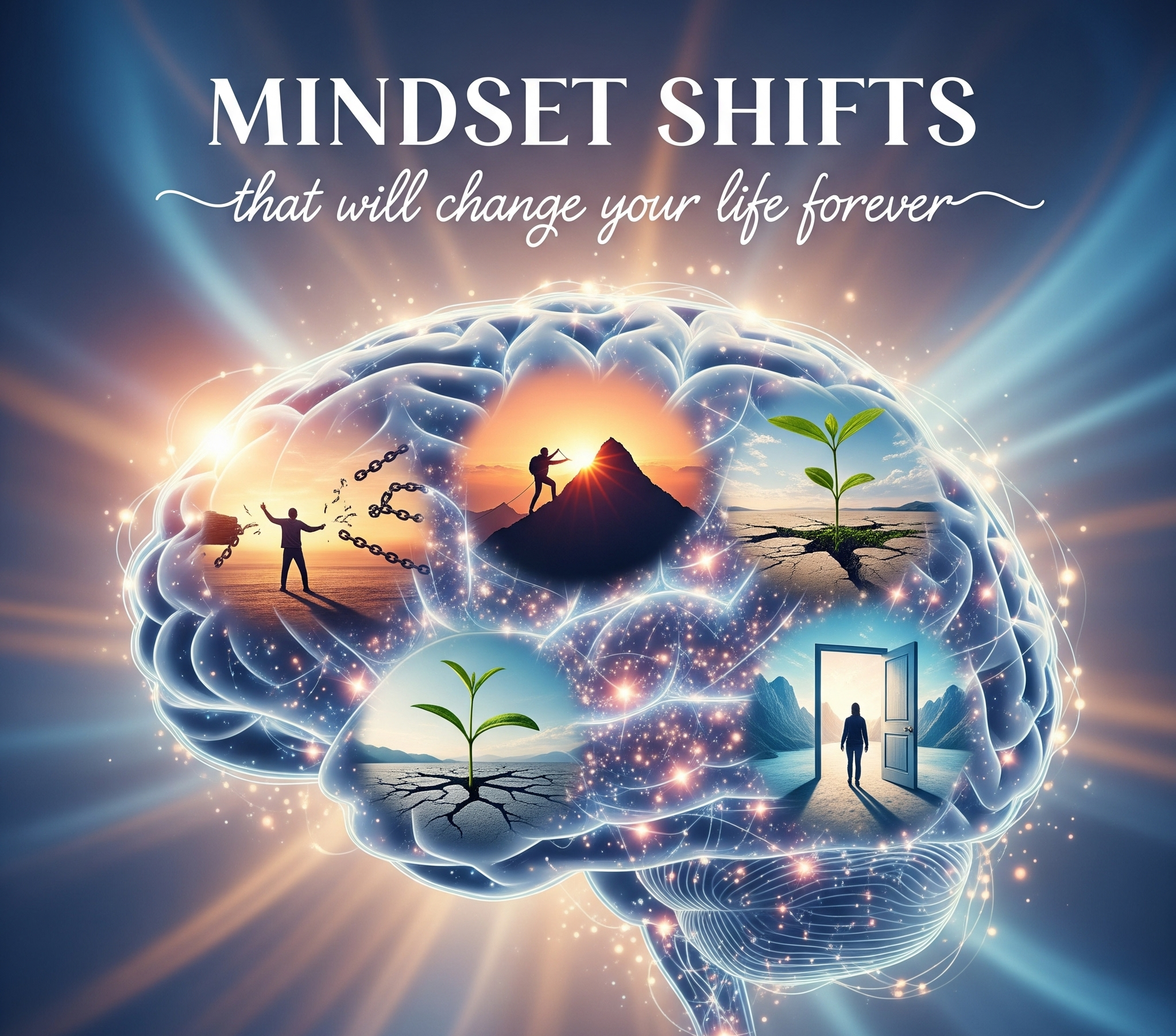
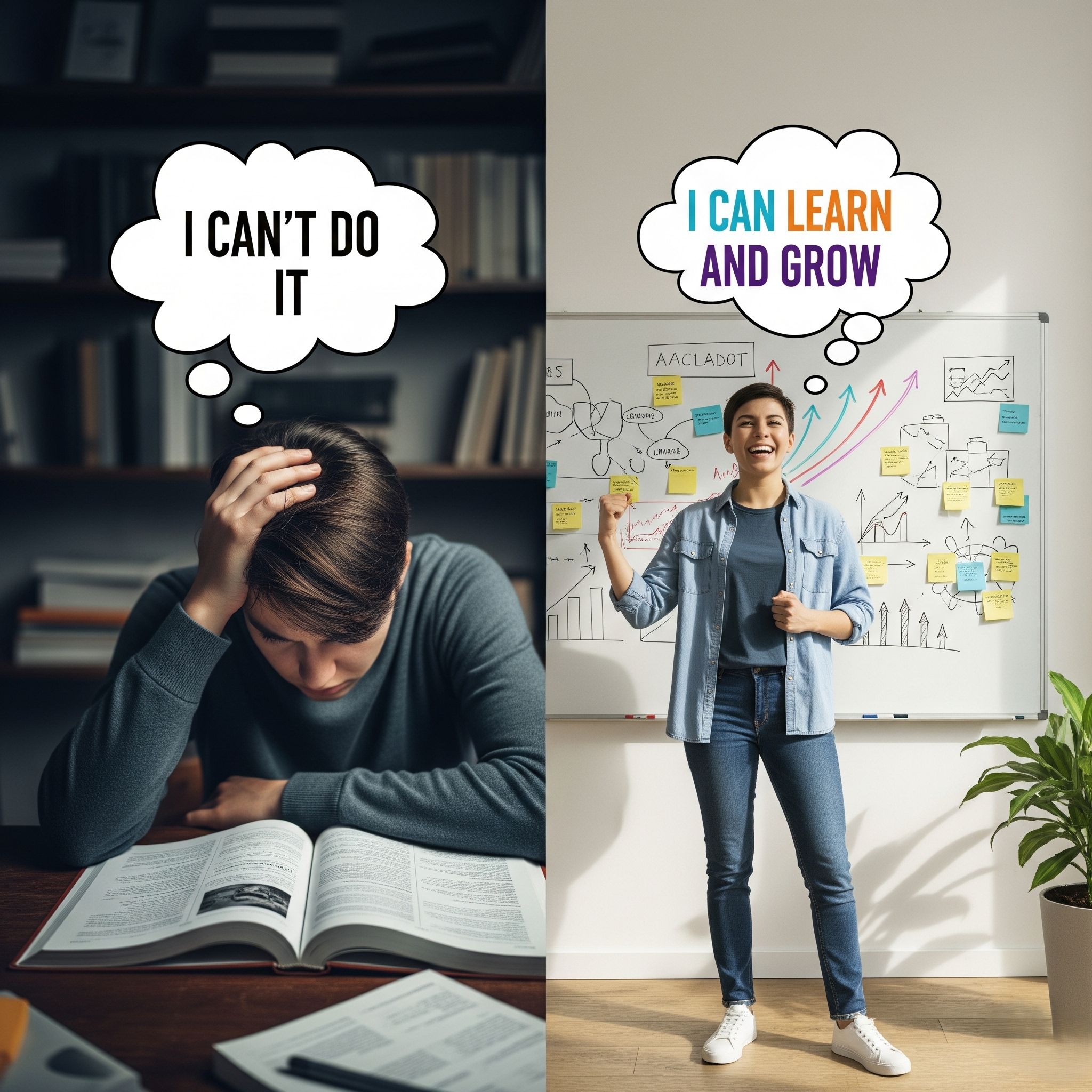
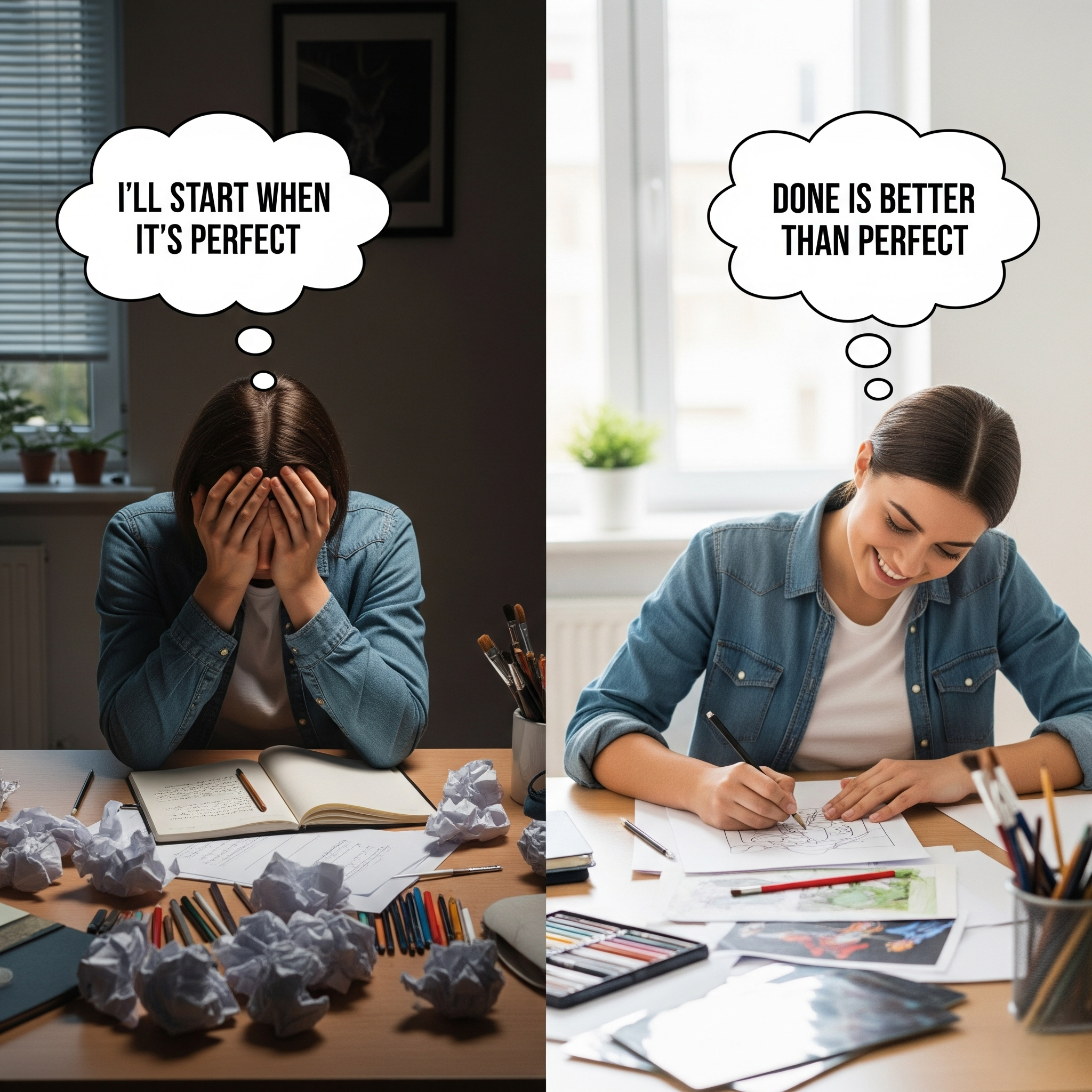


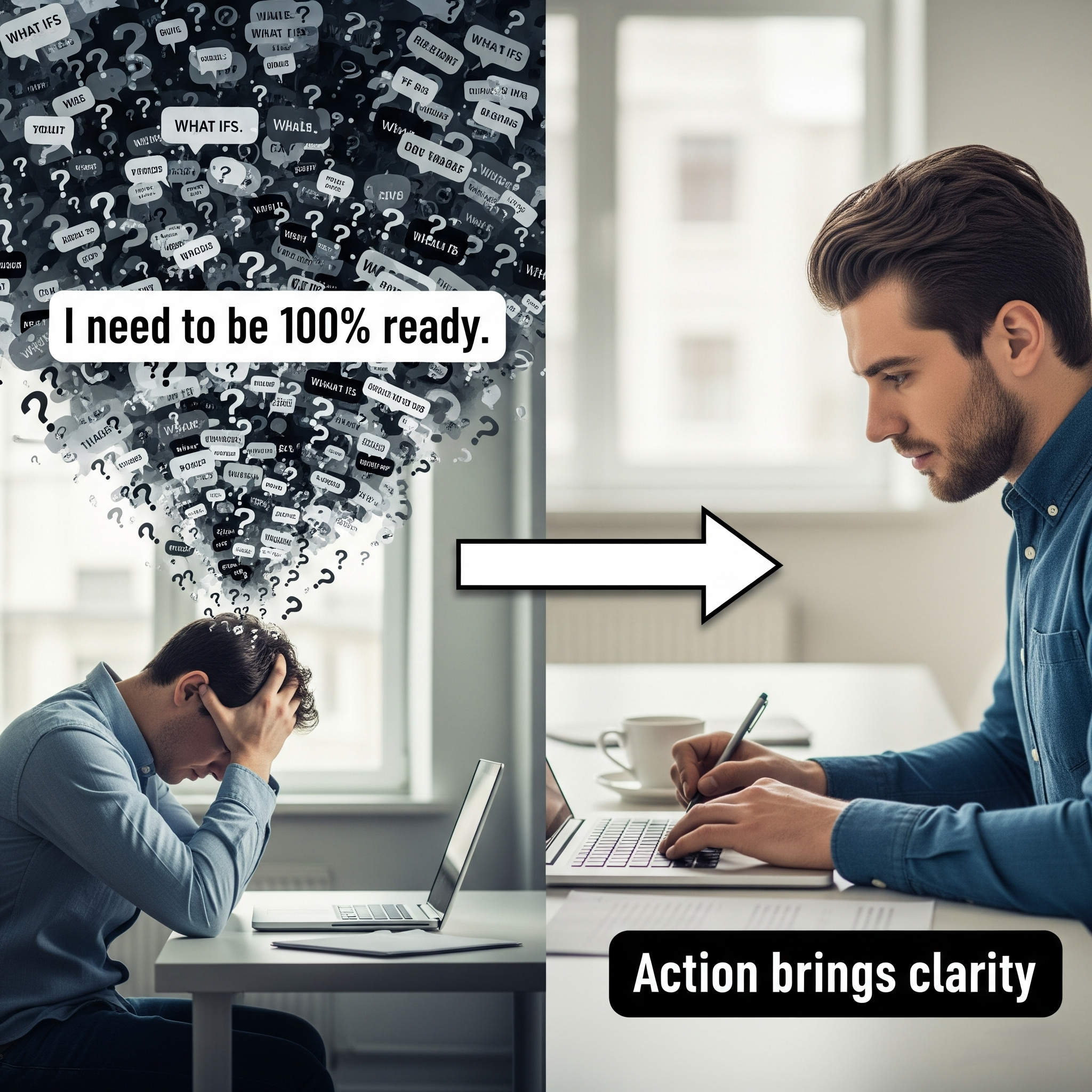
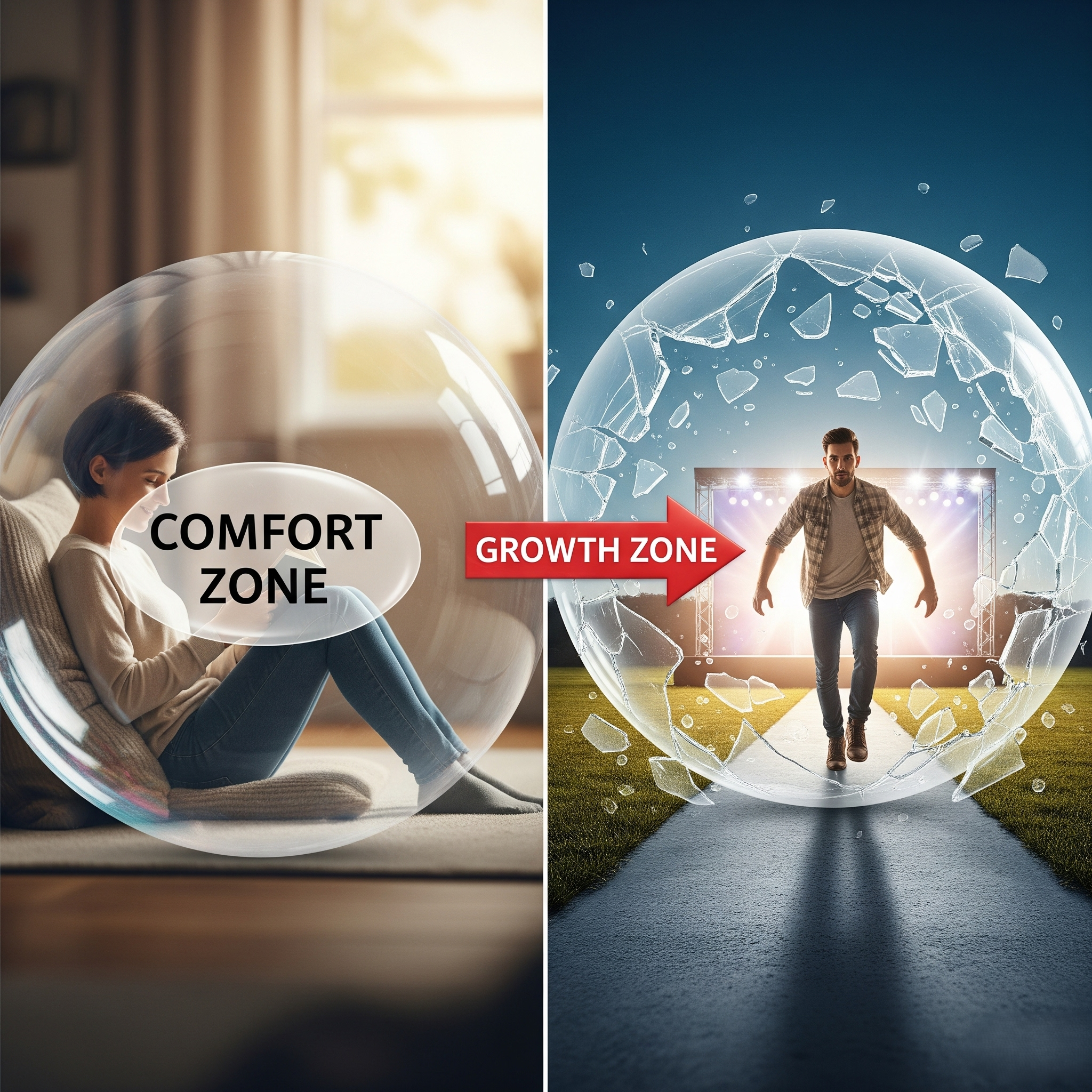
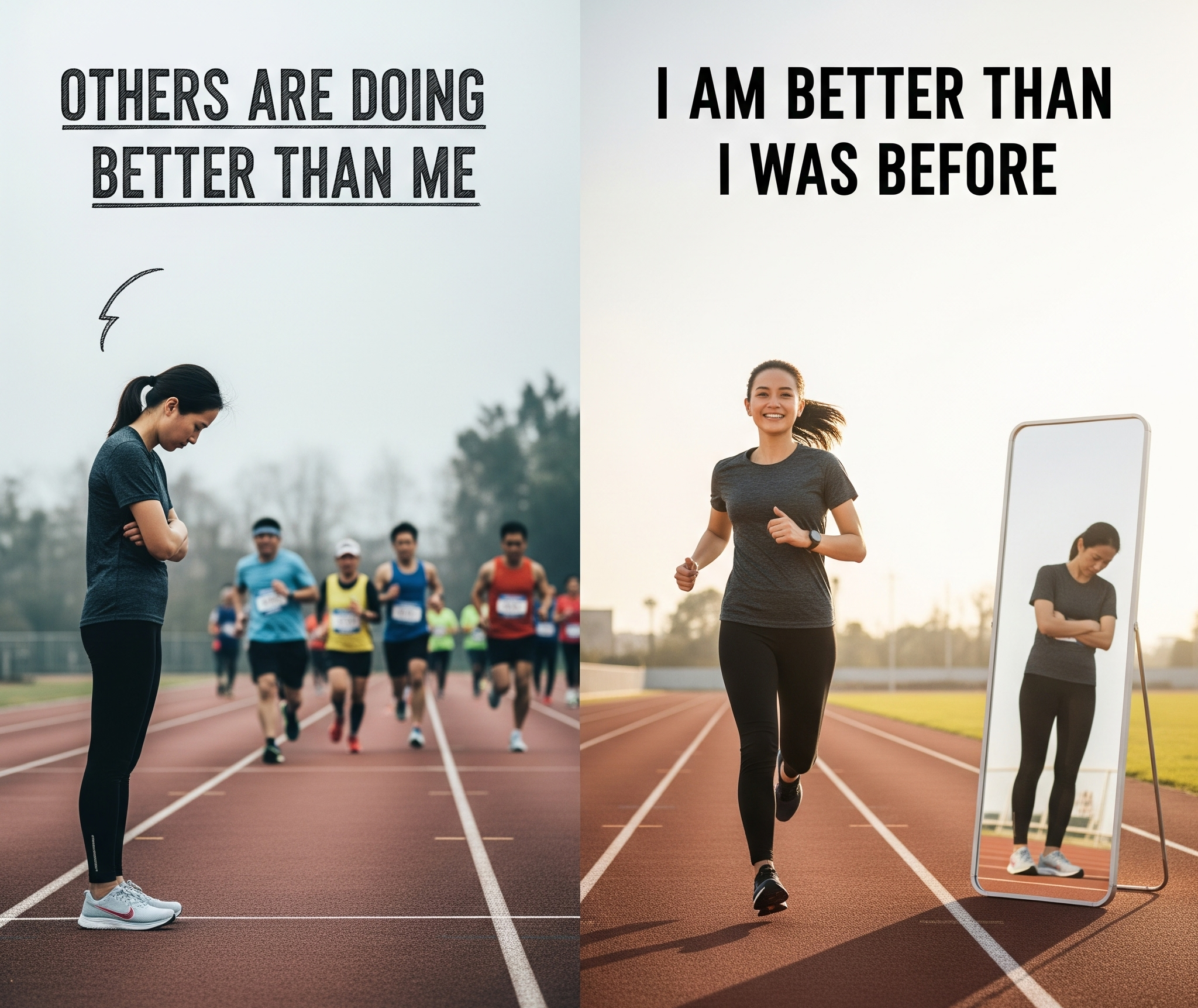
Wohhhhh 💥
ReplyDelete😊
DeleteExcellent information
ReplyDeleteThankuu 😊
Delete